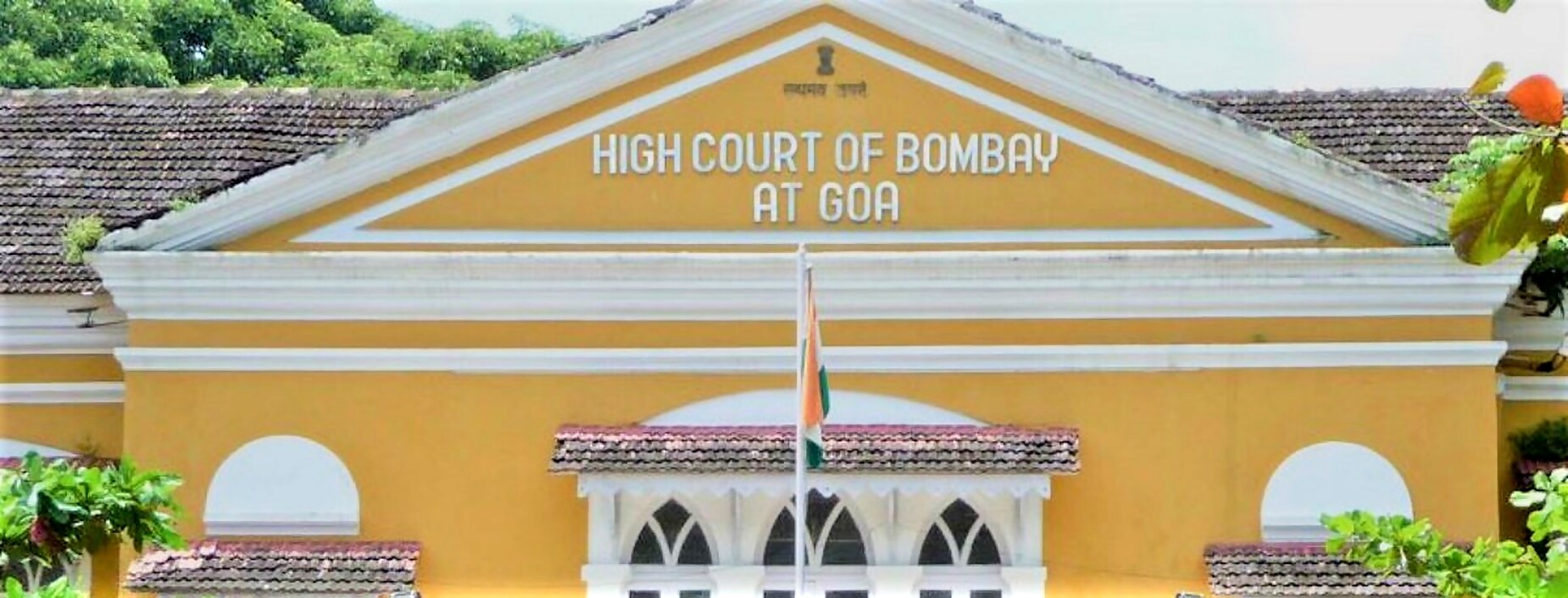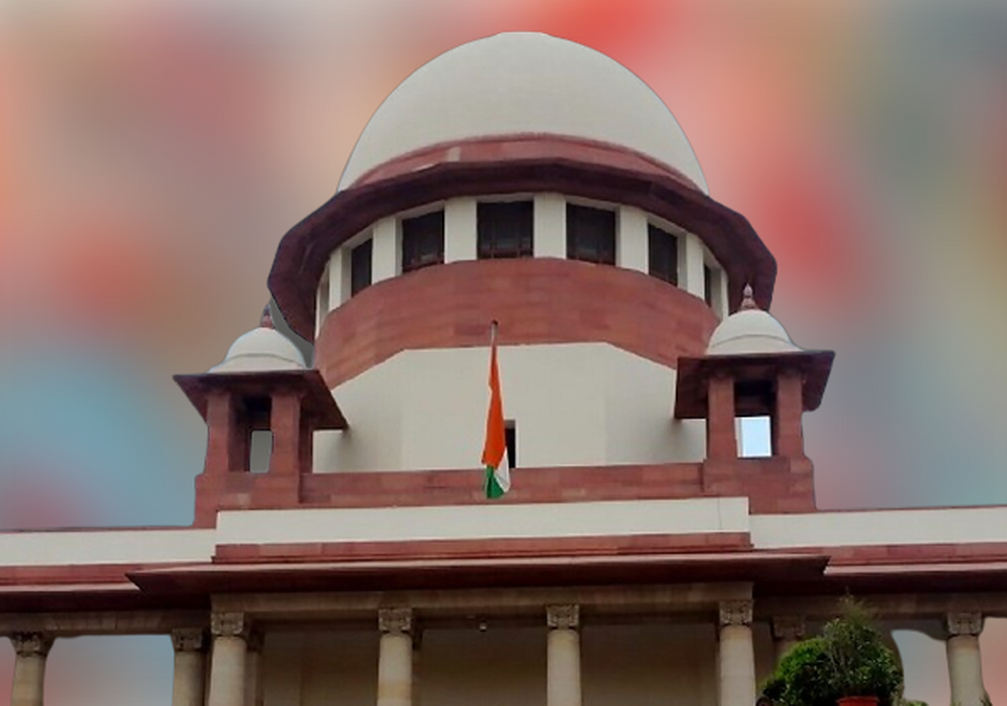If complainant is public servant, then period of limitation for filling application against acquittal order is six months and in every other case it is 60 days u/s 378(5) of CrPC: Bombay HC (Goa Bench)

Read Judgement: ITD vs. Dattaraj Vassudeva Salgaonkar
Pankaj Bajpai
Panaji, December 7, 2021: The Goa Bench of the Bombay High Court has recently opined that if the complainant is a public servant, then the period of limitation for filling application against acquittal order is six months and in every other case it is 60 days u/s 378(5) of the CrPC.
Going by the background of the case, the Applicant launched prosecution against assessee (Respondent) u/s 277A of Income tax Act alleging falsification of books of accounts and documents while evading tax. By an order, the Court of Judicial Magistrate First Class dismissed the complaint filed by applicant u/s. 256 of the Cr.P.C. and respondent stood acquitted.
In order to challenge the order of acquittal, applicant filed an application u/s. 378(4) of the Cr. P.C. after period of six months was already over. It was for this reason that applicant filed the instant application for condonation of delay.
After considering the arguments, the Bench of Justice Manish Pitale noted that even where Single Judges in various judgments have held that Sections 4 to 24 of the Limitation Act are not expressly excluded u/s 29(2) thereof, when applying the same to an application for special leave to appeal u/s 378(4) of CrPC, they have treated Section 378(4) and (5) of the CrPC as a special law, being a self-contained Code, particularly providing for an appeal against acquittal to be filed on behalf of the original complainant.
Therefore, there is no controversy before the High Court about the fact that an application for special leave to appeal on behalf of the applicant/department as the complainant in the present case is governed by special law found in Section 378(4) and (5) of the Cr.P.C, observed Justice Pitale.
The Single Judge further opined that it is also relevant that Counsel appearing for the applicant has emphasized on the aspect that if it is held that Section 5 of the Limitation Act would not apply to an application for special leave to appeal filed under Section 378(4) of the CrPC, a number of individual complainants would suffer, because the period of limitation prescribed for them is only sixty days and it would be very harsh to hold that this Court would not have the power to condone delay in genuine and deserving cases.
Thus, viewed from any angle, a very significant and important question regarding power and jurisdiction of Court arises in the present matter, said Justice Pitale.
Hence, there is no option but to resort to Rule 8 of Chapter I of the Bombay High Court Rules, 1960, to make a reference to two or more judges of the High Court on questions framed, concluded Justice Pitale.
Accordingly, the case was referred to a bench of two or more judges.
Sign up for our weekly newsletter to stay up to date on our product, events featured blog, special offer and all of the exciting things that take place here at Legitquest.




Add a Comment